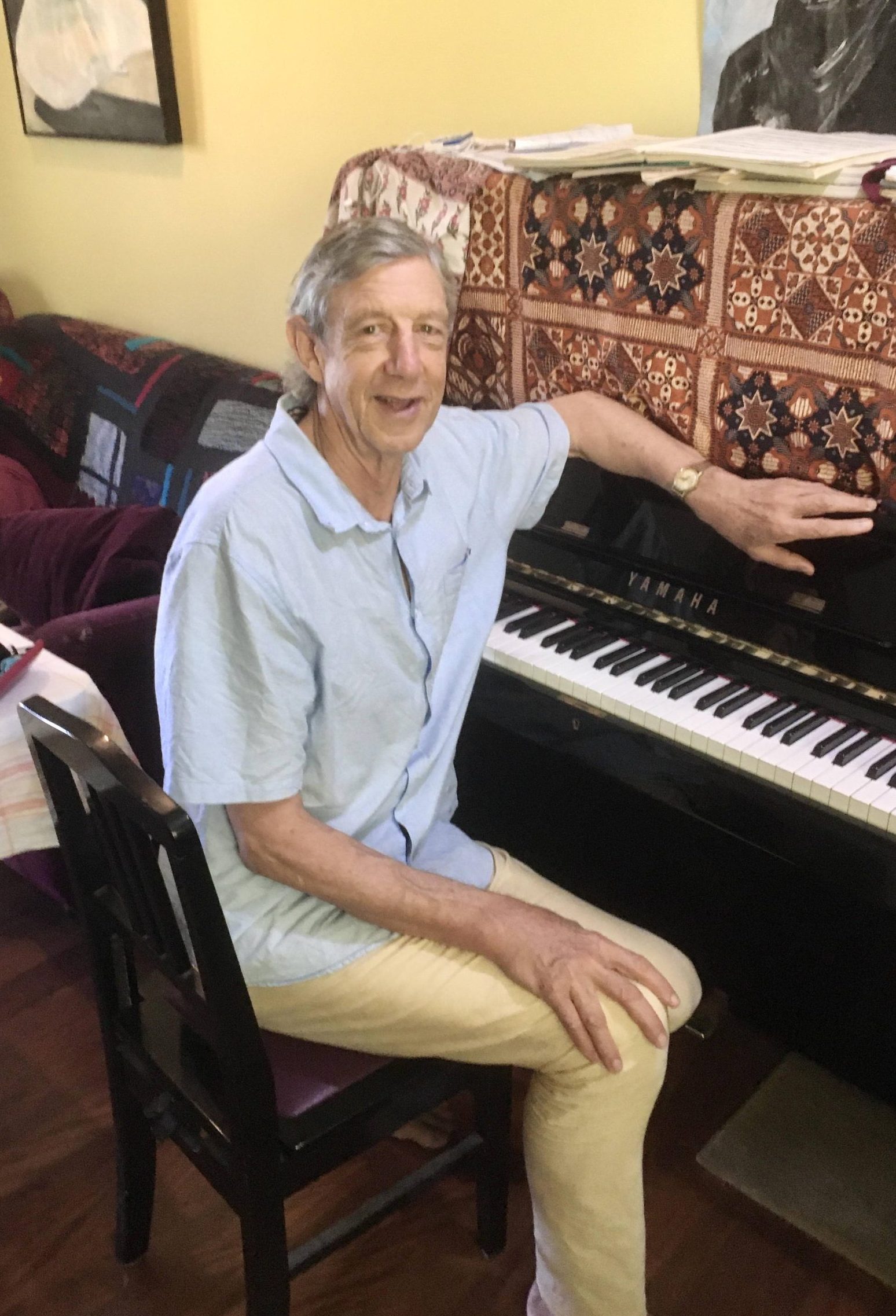AMATORI CHOIR & ORCHESTRA
Amatori Choir & Orchestra with Ian Knowles (Director) are coming back to The Music Estuary with a beautiful Winter Concert.
After opening with Bach’s concerto for Oboe and Violin with Laura Hymers (Oboe) and Alison Fletcher (violin) as soloists, the choir will present three meditative 20th century Motets by Durufle based of Gregorian Chant melodies.
Monteverdi’s driving and playful ‘Beatus Vir’ has voices and violins talking to each other throughout. As Mozart can make anything operatic and entertaining, so can and does Monteverdi make solemn texts full of joy!
Then Beethoven Fidelio Overture and the famous Prisoners Chorus, which is especially poignant in the present time. And equally tragic, the program culminates in choruses and solos from Gluck’s Orpheus and Euridice. Orpheus’s classic attempt to bring his beloved back to life – but not allowed to look back as he leads her from Hades, while she pleads with the searing ‘You don’t love me if you won’t look at me’ which he of course can’t withstand.
DATE & TIME
SUNDAY, 3 August
3:00 – 4:30 PM
TICKETS
GENERAL $30
CONCESSION $25
Under 18 Free
PROGRAM
JOH. SEB. BACH (1685-1750)
Concerto for Violin and Oboe, BWV 1060R
Maurice Duruflé (1902-1986)
3 Motets on Gregorian Themes, op.10: Ubi Caritas, Tota Pulchra Es, Tantum Ergo
CLAUDIO MONTEVERDI (1567-1643)
Beatus Vir
LUDWIG VAN BEETHOVEN (1770-1827)
From the Opera Fidelio, op. 72: Overture, Prisoners Chorus
CHRISTOPH WILLIBALD GLUCK (1714-1787)
Butterflying (2003), Sonata ‘Lost and Found’ (1999)

‘The Pitjantjatjara showed me that to sing and dance the lives of one’s ancestors and to pass these forms on to others is a meaningful way to live a life’.
‘By virtue of the singers, players and audiences who share this music appreciation, I have a very happy life, much of it as a community musician.’
IAN KNOWLES – DIRECTOR
Ian played piano from the age of seven, gained a B.Mus. in music Education at Adelaide Conservatorium and studied cello for many years afterwards to pursue chamber music, especially the large string quartet repertoire.
Following an opportunity to work on a cross cultural music program via Adelaide University’s Dept. Ethnomusicology, he spent many years learning to sing and dance Pitjantjatjara corroborees.
However, after many years learning from his Pitjantjajtara teachers, it became imperative to find his own totemic ancestors and thence he plunged back into the culture through which one can grow most deeply, the culture of one’s birth and training, which meant Bach, Beethoven and that tradition of the most demanding and rewarding of Western music masters.
Hence the starting of the Amatori singing group and later Amatori orchestra in Mullumbimby, with the two aims of providing an opportunity for singers and players to enter more deeply into the better known works of the top composers, and to provide local audiences with opportunities to hear this wonderful music live.
